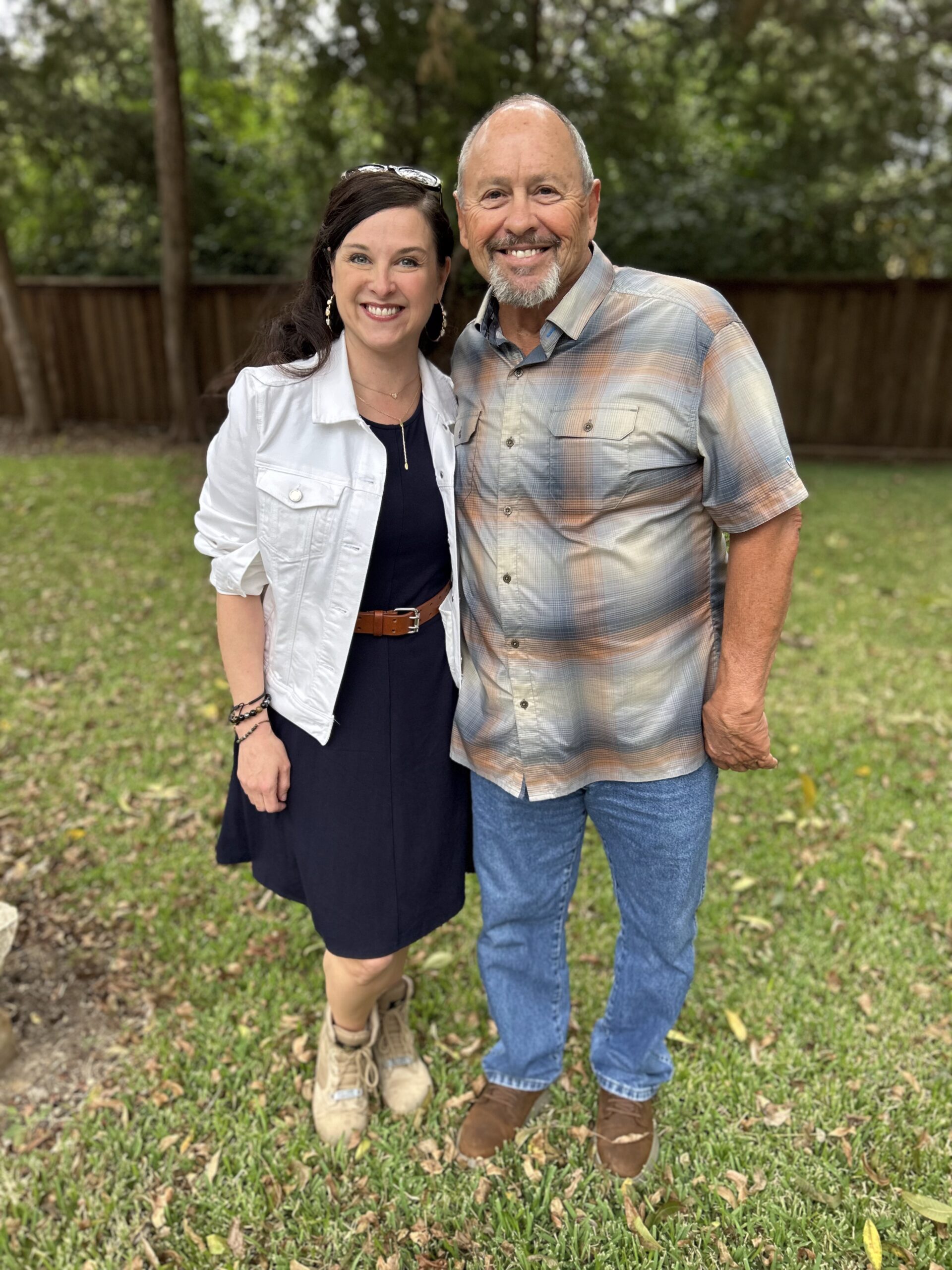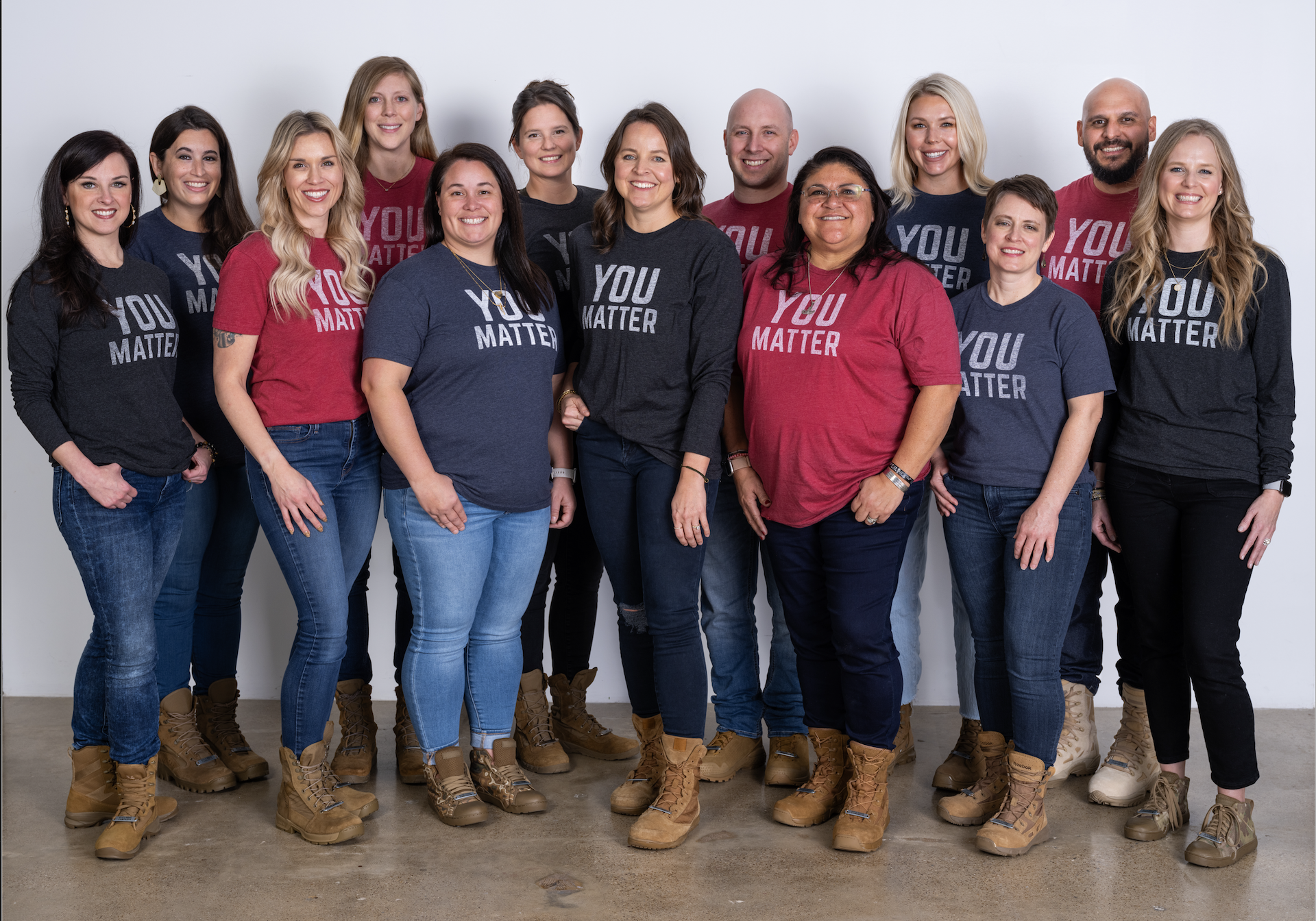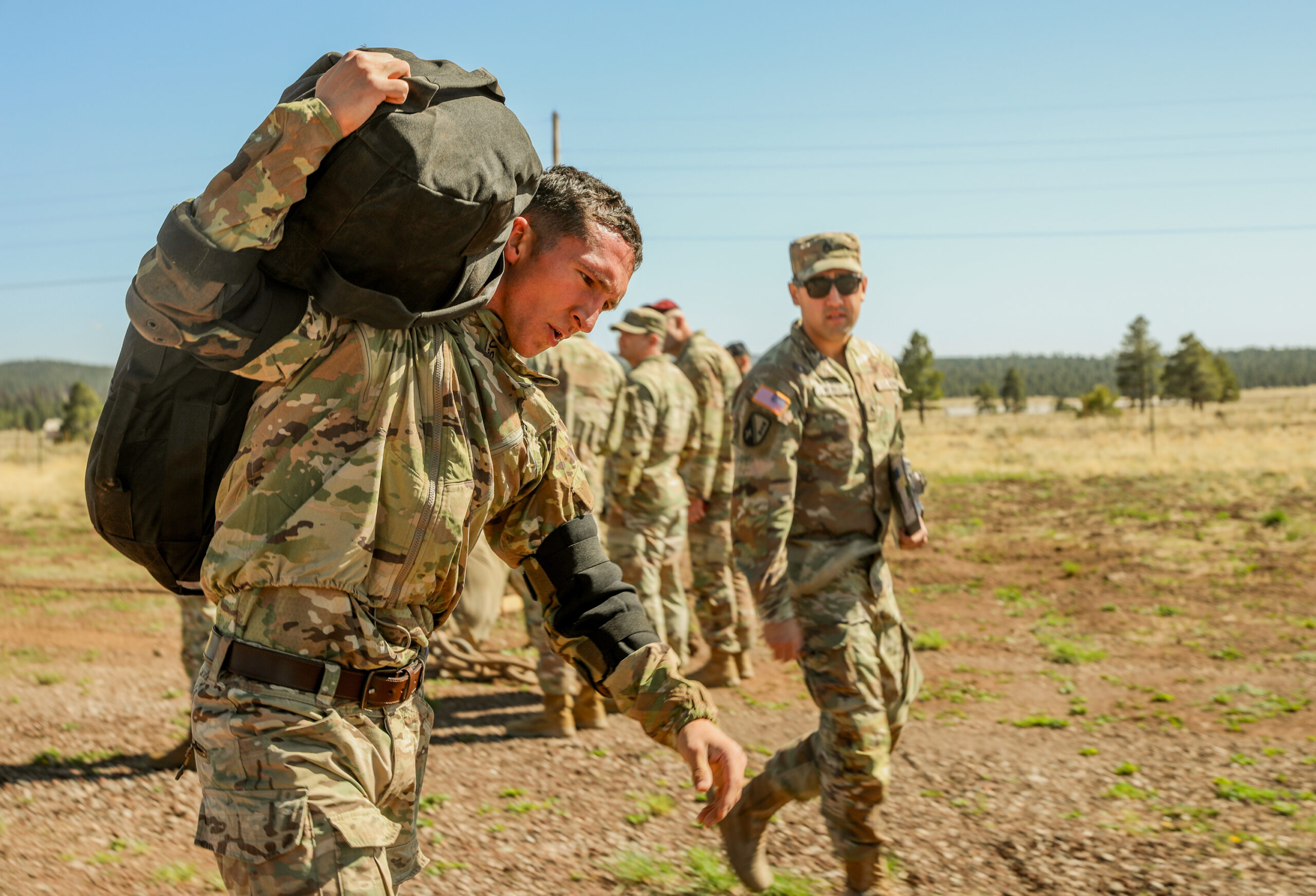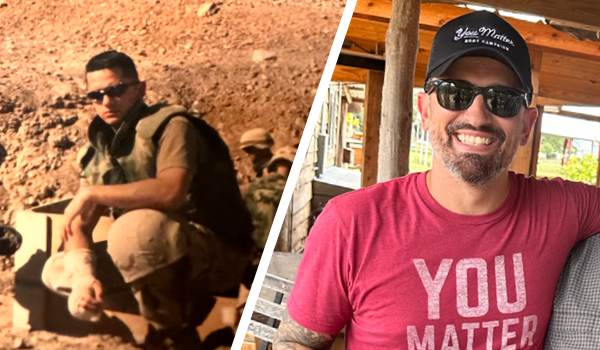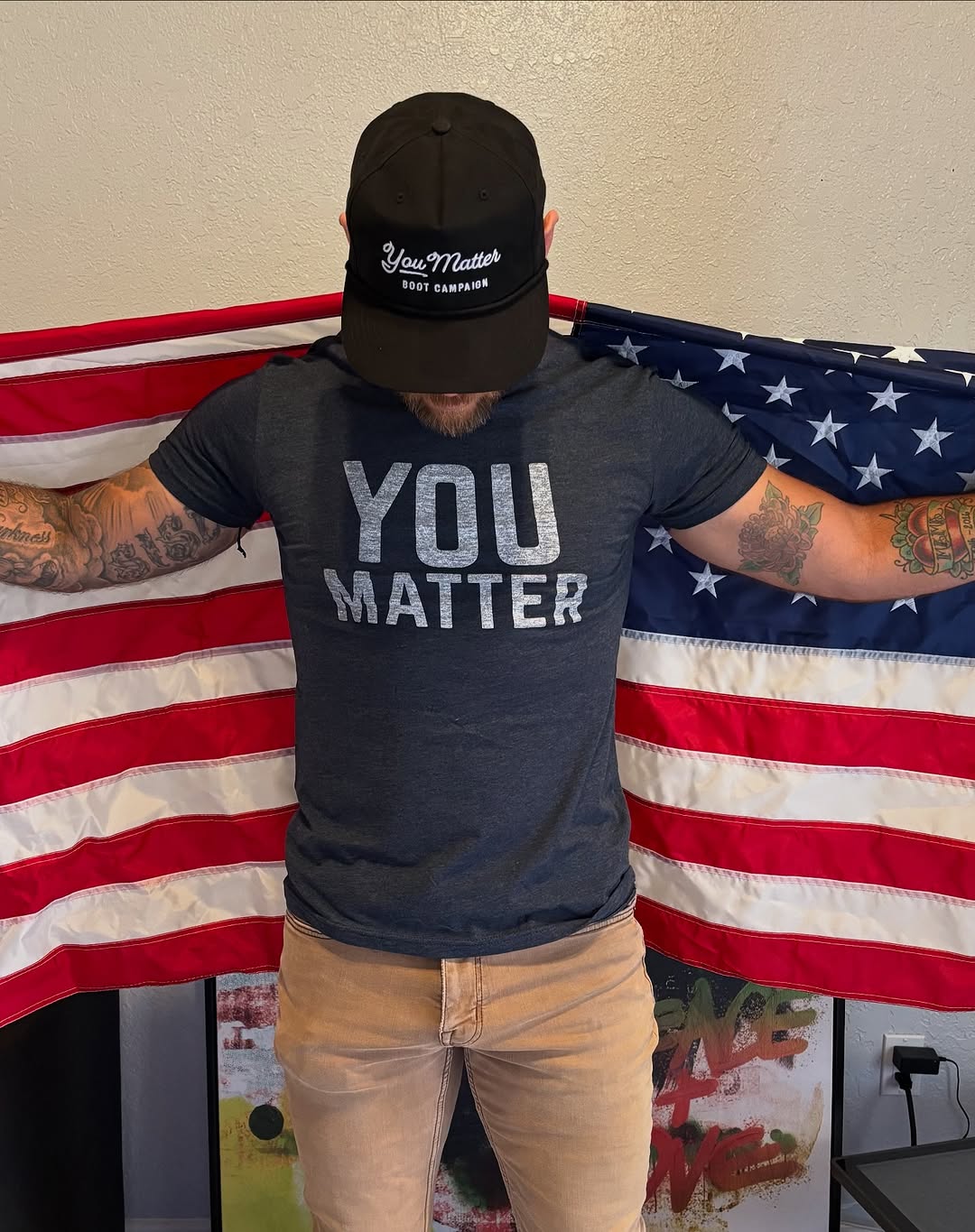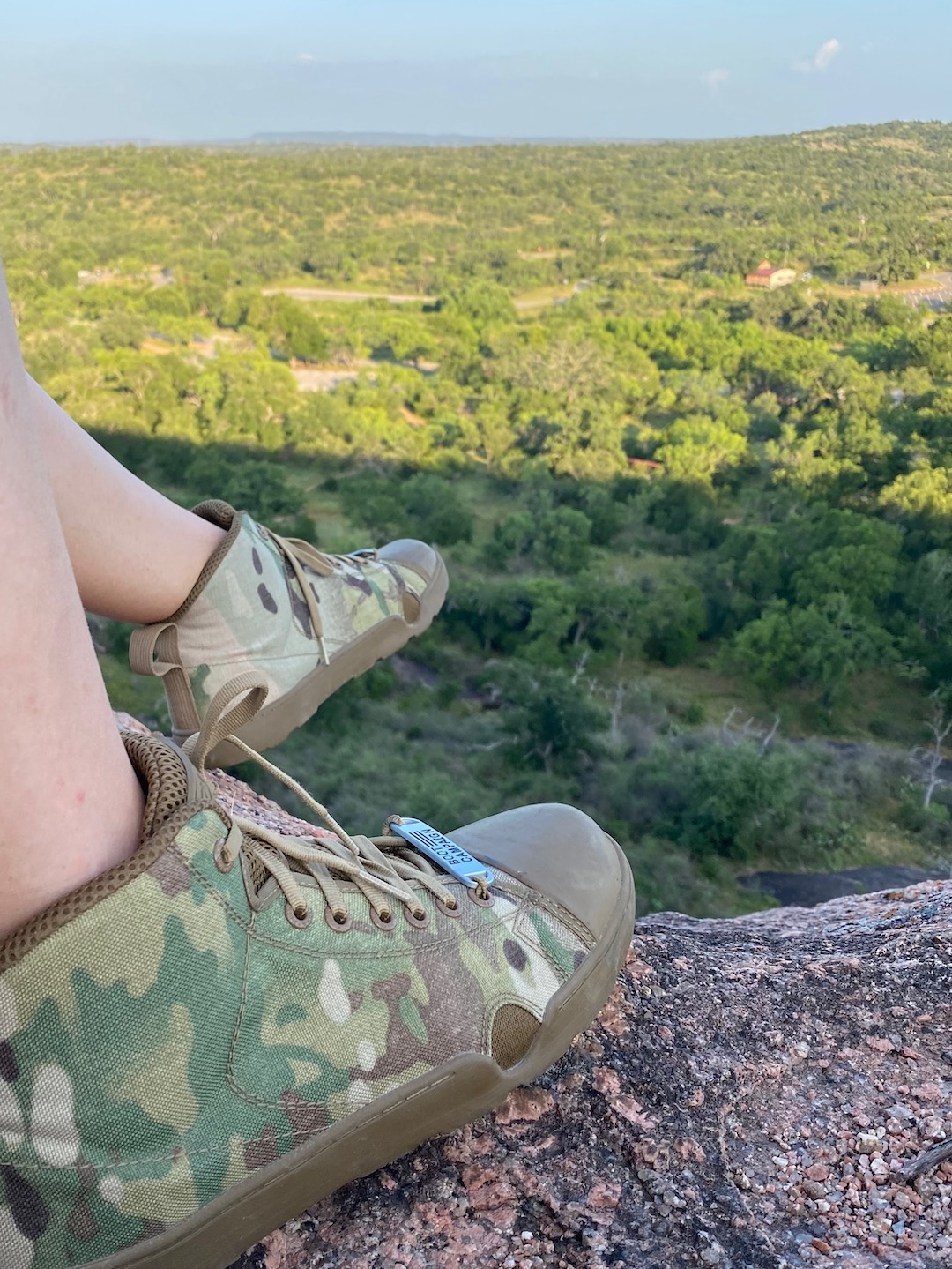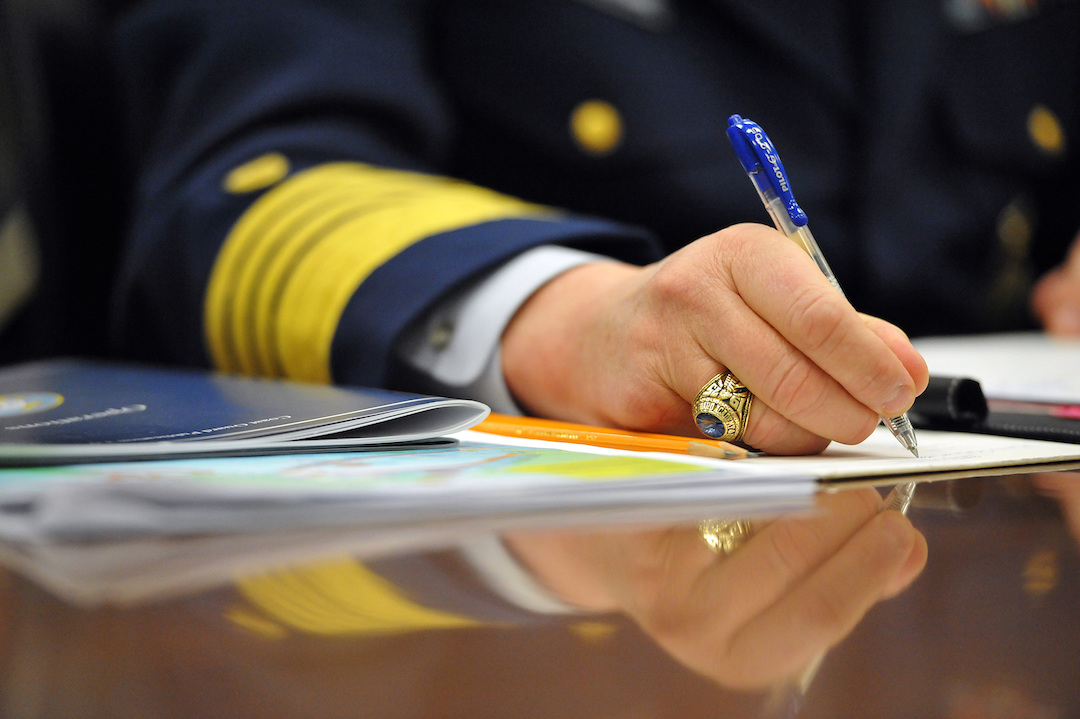Mindfulness: A Path to Stress Reduction

April is Stress Awareness Month, a perfect time to explore mindfulness—a powerful practice for reducing stress and improving well-being. Mindfulness involves paying attention to the present moment with acceptance and without judgment and can play a key role in helping you break free from the pressures of daily life.
Teaching tools and techniques related to mindfulness is a key part of our Health & Wellness Program at Boot Campaign, and we hear from Veteran participants about how these tools often become part of their daily rituals as they learn more about the beneficial practice through our program.
U.S. Army Veteran Ben Peterson shared, “I finally learned what mindfulness really is. This was truly one of the cornerstones to all of my treatment through Boot Campaign, and has been such a small practice with a truly monumental payoff for the rest of my life.”
Following completion of our program, Veterans we served in 2023 reported 90% improvement in overall stress and 88% improvement in relationship stress. 100% of those served shared that they had improvement in at least four areas of their life, inclusive of reduced stress, anxiety, depression; improved relationships and ability to handle the physical stress of traumatic brain injury (TBI), chronic pain, posttraumatic stress disorder (PTSD) and sleep deprivation.
So, What is Mindfulness?
Mindfulness is about intentionally attempting to be aware of your thoughts, emotions, sensations and surroundings. It can be practiced anywhere, anytime—whether you’re eating, walking, or simply sitting still. By staying present, mindfulness helps you reconnect with yourself and the world around you.
Simple Ways to Practice Mindfulness
Here are a few easy ways to start to incorporate mindfulness into your everyday life:
- Mindful Breathing: Choose a point of focus where your breath enters and leaves your body. This could be your nose, chest, throat, or wherever you feel your breath the most. Focus specifically on the breath moving in and out of your body. When your mind wanders, which it will, gently return your attention to the breath without judgment Repeat.
- Body Scan: Mentally scan your body from head to toe, noticing and releasing any sensations or tension. This method is particularly helpful for relaxation and letting go of built-up stress.
- Mindful Eating: A more informal method of mindfulness includes slowing down and savoring each bite, paying attention to the flavors and textures of your food.
- Mindful Walking: Pay attention to each step, noticing the sensations in your body and the environment around you.
- Mindful Listening: Give your full attention to the person speaking, fostering deeper connections and empathy.
If you’ve never tried this before, take a listen to our 11-minute mindfulness session led by our own Dr. Jenny Howland.
Benefits of Mindfulness
Mindfulness offers Veterans and civilians alike a valuable tool for healing and reducing stress. Research has demonstrated mindfulness and meditation can benefit our bodies, brains, and overall well-being.
- Stress Reduction: Lowers cortisol (the stress hormone), helping you respond calmly to stress.
- Improved Emotional Regulation: Promotes emotional awareness and acceptance, helping to manage symptoms of anxiety and depression that many Veterans can face.
- Better Focus: Mindfulness strengthens attention and concentration, making you more efficient.
- Better Sleep: Helps calm the mind, improving sleep quality.
- Enhanced Relationships: By being present, you build stronger, more empathetic connections with others.
- Physical Health: Can reduce stress-related physical issues, like high blood pressure and chronic pain, which Veterans may also experience due to physical injuries or stress.
By incorporating mindfulness into your daily routine, you can help rewire your brain and reset your body to live with greater ease and presence.
